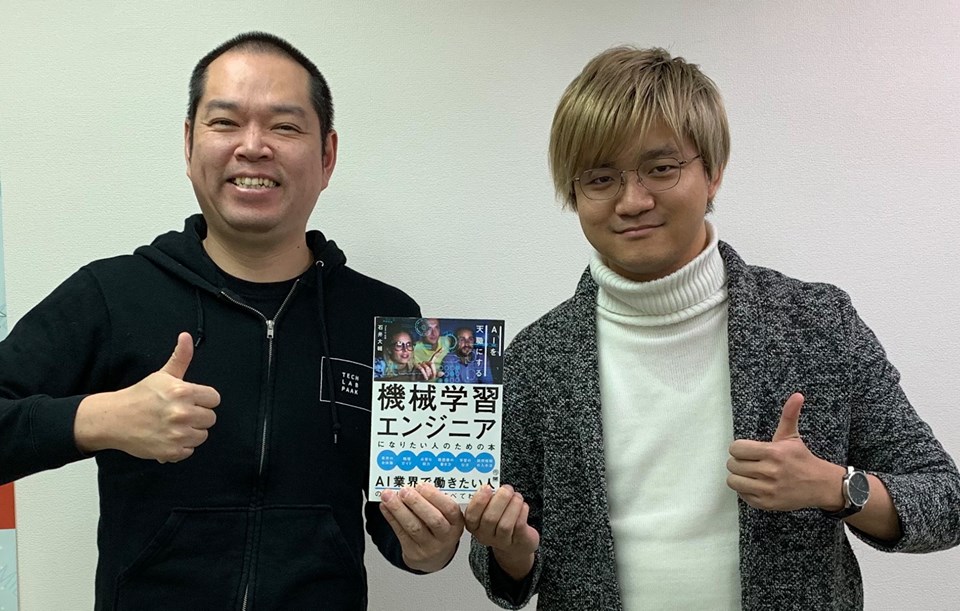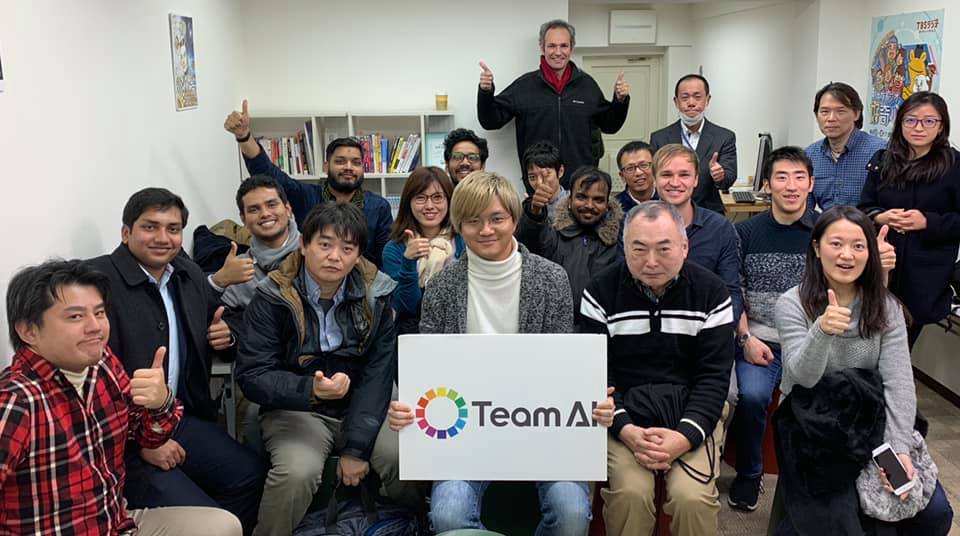It’s been a while since I have last posted any substantial material on my blog, but I would like to make an exciting announcement. I am pleased to announce that I have helped to contribute content for a new publication titled, “機械学習エンジニアになりたい人のための本 AIを天職にする” or in English, “The Book For People Who Want To Become A Machine Learning Engineer or Want to Get Into the AI Industry”.

This book is aimed towards beginners and professionals who are already working in other sectors of the industry to arm them with the knowledge they need to enter into the profession of a Machine Learning Engineer as well as applying the latest methods and integrate the state-of-the-art methods into their domain.
The book covers contents from various resources, studying and learning resources, to interviews of professionals within the field to obtain a birds-eye view of the overall profession. The book is divided into two key sections: one for “Aspiring ML Engineers” which are looking to getting into the industry and understanding what they need to know to get a job as a Machine Learning Engineer, and the other for “Domain-Applied ML Practitioners” or those that want to implement or apply Machine Learning into their existing workflow or domain space through introducing the know-how and ways to develop prototypes and deploy them.
Although this book is only available in Japanese, it plays a pretty strategic role in how it provides various resources and starting points for those that are not sure where to get started. This book is not only both appropriate for novices but also advanced and well-seasoned practitioners as they also provide very great insights in the ways to keep up with the latest research and obtain code and materials for existing implementations.
The book authored by Daisuke Ishii, the founder of Jenio Inc. and organizer of the Tokyo meetup group TeamAI. It has been my pleasure to collaborate with him on one of the chapters, dedicated to applying machine learning within an existing domain or company and describing the fundamentals behind what it takes to fully deploy a production grade system.

I met Daisuke through one of the largest and most dominant Facebook groups, Artificial Intelligence and Deep Learning group. It was then he approached me to help contribute some contents, and spurred an exchange of information between us in sharing knowledge of the developments and state-of-the-art from the US to the Japanese Data Science community. Last winter, during my visit to Tokyo for my winter break, I have also given a talk on Affective Computing work as a special guest speaker.

If you are interested in the Japanese market of Machine Learning and are looking into getting into the Japanese market as a Data Scientist, this book is a must-read!
You can purchase a soft-covered copy or a Kindle version through Amazon.co.jp here.